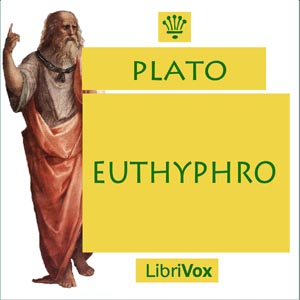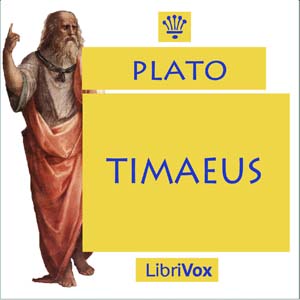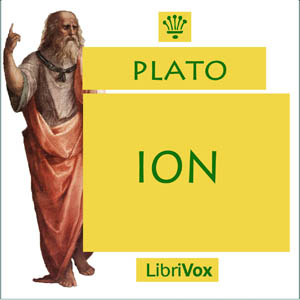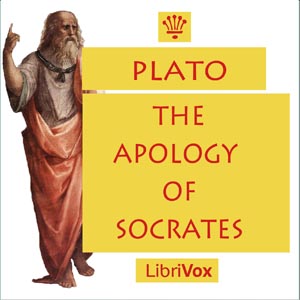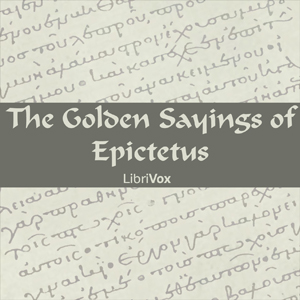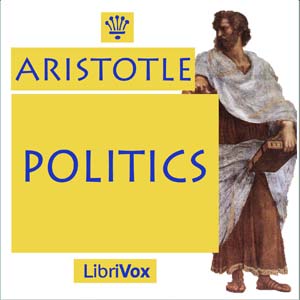- Preface and Introduction
- Vol 1 - Adventures of Encolpius and His Companions, Ch 1-10
- Vol 1 - Adventures of Encolpius and His Companions, Ch 11
- Vol 1 - Adventures of Encolpius and His Companions, Ch 12-19
- Vol 1 - Adventures of Encolpius and His Companions, Ch 20-26
- Vol 2 - The Dinner of Trimalchio, Ch 27-37
- Vol 2 - The Dinner of Trimalchio, Ch 38-44
- Vol 2 - The Dinner of Trimalchio, Ch 45-52
- Vol 2 - The Dinner of Trimalchio, Ch 53-59
- Vol 2 - The Dinner of Trimalchio, Ch 60-69
- Vol 2 - The Dinner of Trimalchio, Ch 70-78
- Vol 3 - The Further Adventures of Encolpius and His Companions, Ch 79-88
- Vol 3 - The Further Adventures of Encolpius and His Companions, Ch 89-98
- Vol 4 - Encolpius, Giton and Eumolpus Escape by Sea, Ch 99-105
- Vol 4 - Encolpius, Giton and Eumolpus Escape by Sea, Ch 106-110
- Vol 4 - Encolpius, Giton, and Eumolpus Escape by Sea, Ch 111-116
- Vol 4 - Encolpius, Giton and Eumolpus Escape by Sea, Ch 117-124
- Vol 5 - Affairs at Crotona, Ch 125-131
- Vol 5 - Affairs at Crotona, Ch 132-137
- Vol 5 - Affairs at Crotona, Ch 138-141
Satyricon (or Satyrica) is a Latin work of fiction in a mixture of prose and poetry. It is believed to have been written by Gaius Petronius, though the manuscript tradition identifies the author as a certain Titus Petronius. As with the Metamorphoses of Apuleius, classical scholars often describe it as a "Roman novel", without necessarily implying continuity with the modern literary form.
The surviving portions of the text detail the misadventures of the narrator, Encolpius, and his lover, a handsome sixteen-year-old boy named Giton. Throughout the novel, Encolpius has a hard time keeping his lover faithful to him as he is constantly being enticed away by others. Encolpius's friend Ascyltus (who seems to have previously been in a relationship with Encolpius) is another major character. It is a rare example of a Roman novel, the only other surviving example (quite different in style and plot) being Metamorphoses written by Lucius Apuleius. It is also extremely important evidence for the reconstruction of what everyday life must have been like for the lower classes during the early Roman Empire.
(Summary taken from Wikipedia)
The surviving portions of the text detail the misadventures of the narrator, Encolpius, and his lover, a handsome sixteen-year-old boy named Giton. Throughout the novel, Encolpius has a hard time keeping his lover faithful to him as he is constantly being enticed away by others. Encolpius's friend Ascyltus (who seems to have previously been in a relationship with Encolpius) is another major character. It is a rare example of a Roman novel, the only other surviving example (quite different in style and plot) being Metamorphoses written by Lucius Apuleius. It is also extremely important evidence for the reconstruction of what everyday life must have been like for the lower classes during the early Roman Empire.
(Summary taken from Wikipedia)
There are no reviews for this eBook.
There are no comments for this eBook.
You must log in to post a comment.
Log in




